You’ve had a hard day at work and finally got to the gym. Your Spotify playlist is selected and you’re ready to hit a juicy chest session, but halfway through you realise you’ve got nothing in the fridge for your postworkout meal, not even a pot noodle in the cupboard, disaster. Hmm, you think ‘shall I just be lazy and go for a cheeky Nando’s or shall I make something at home, save some pennies to buy some more supplements?!
As cheeky as you are, and as much as those Piri-Piri fries are calling your name you take the second option and make a trip the local supermarket instead, but what should you make? What’s the best pre-workout meal? You contemplate turning around and heading back for that butterfly chicken, but then you realise THE PROTEIN WORKS™ has your back with their best postworkout meal article, full of what foods you should be eating postworkout and easy to prepare nutrient packed meals. What a time it is to be alive!!!
Also if you haven’t already – check out our article The Best Post Workout Supplements lets dive in:

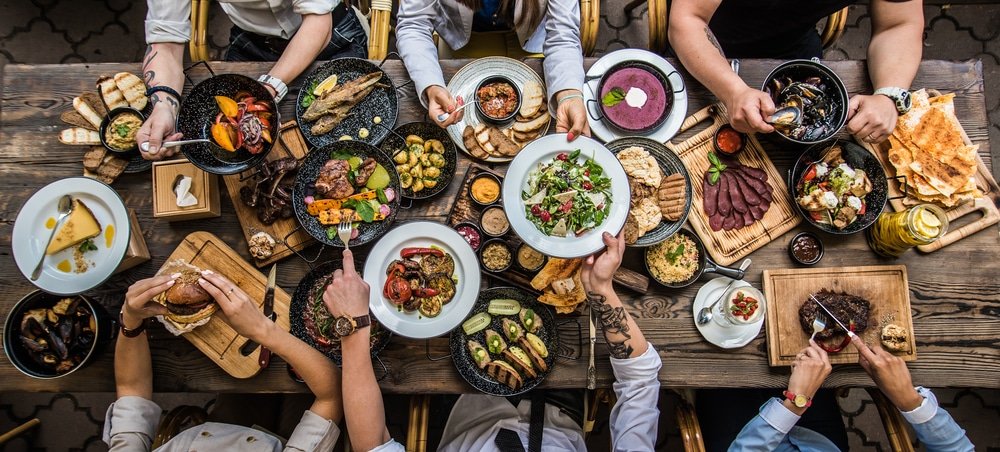

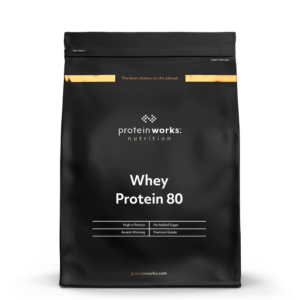
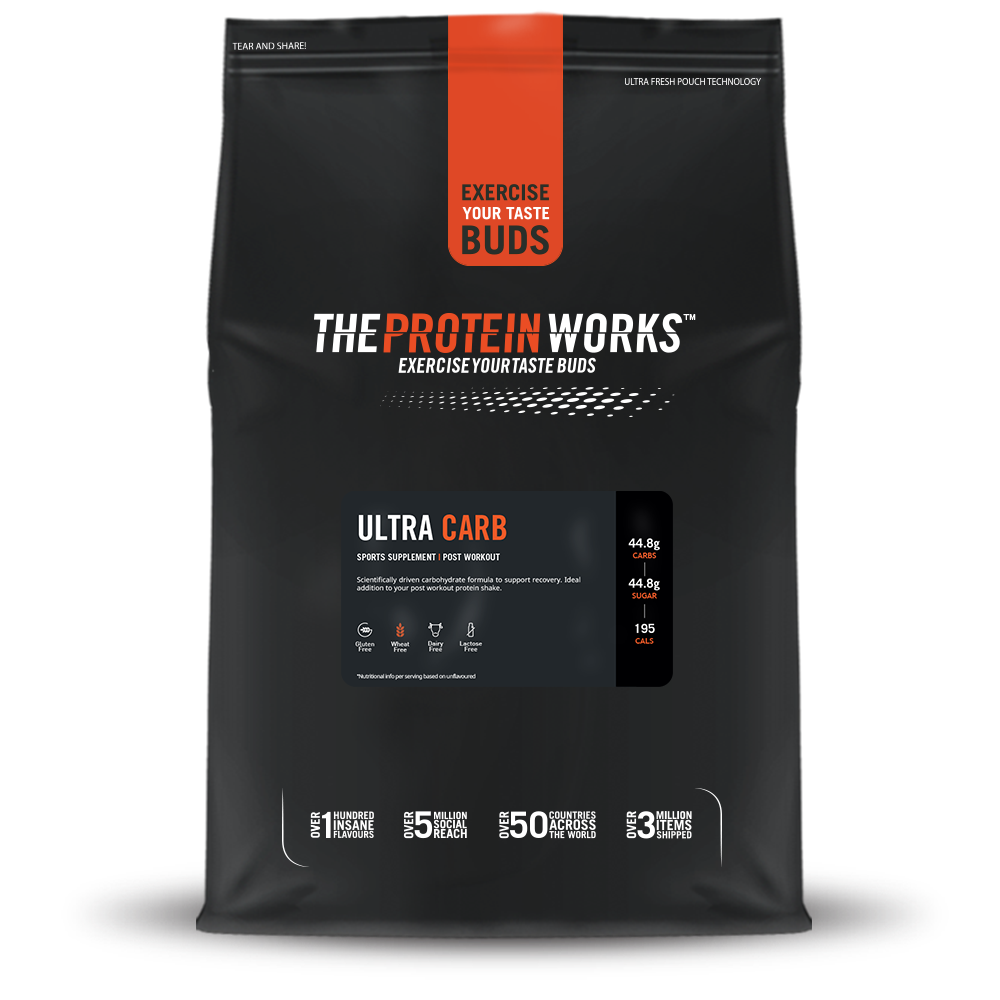
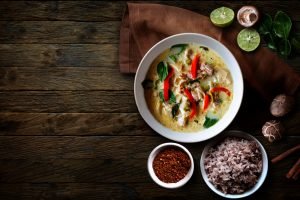
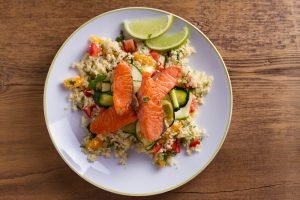
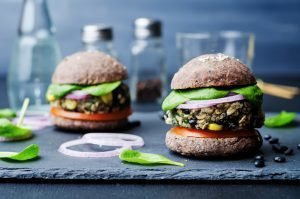
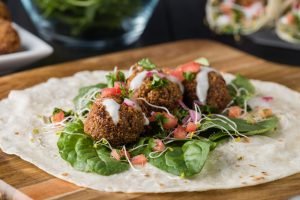
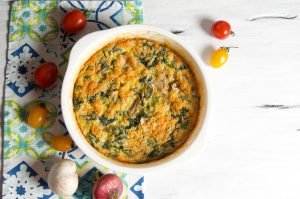

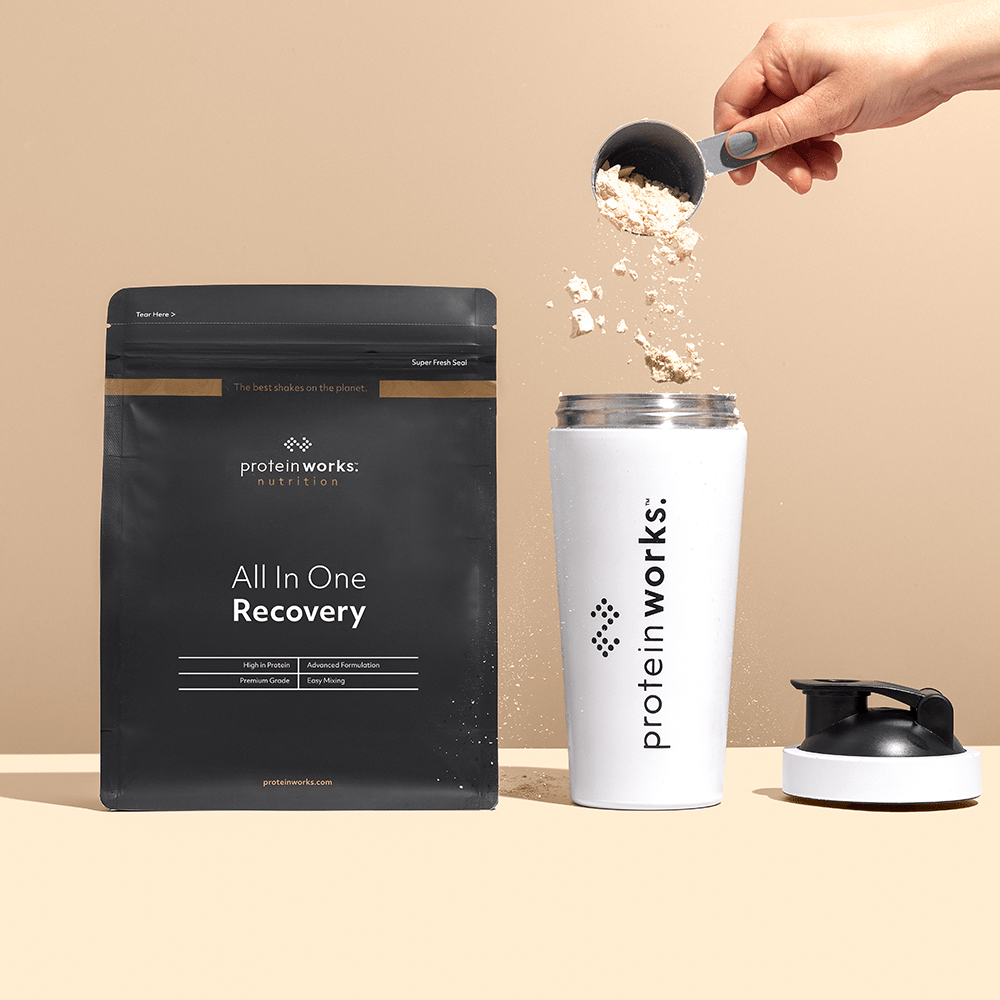
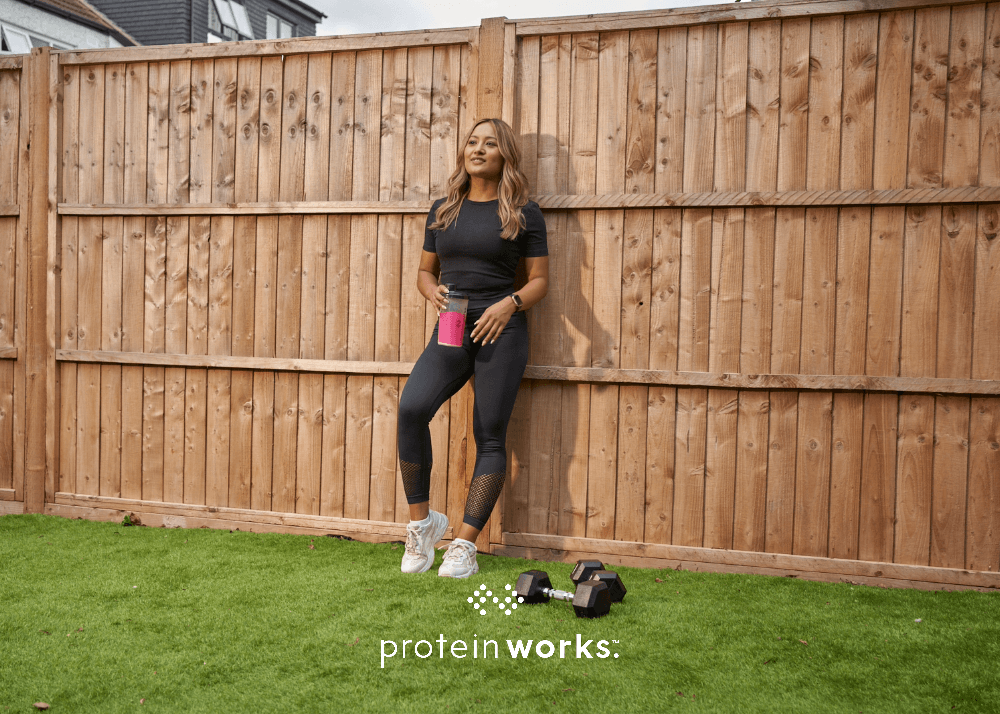
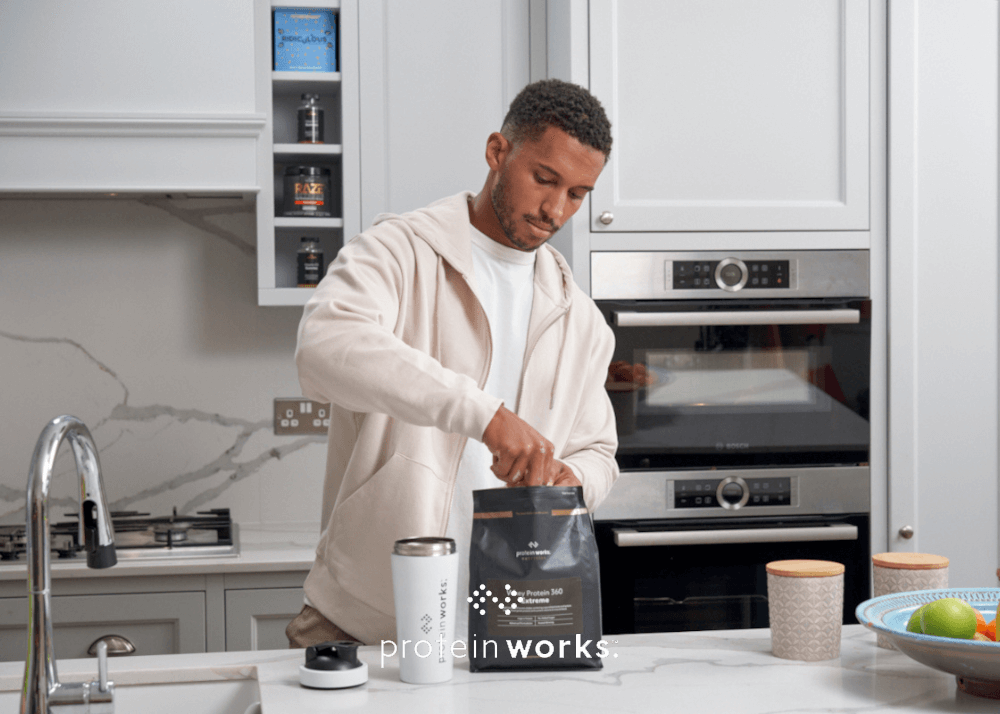
No Comments yet!